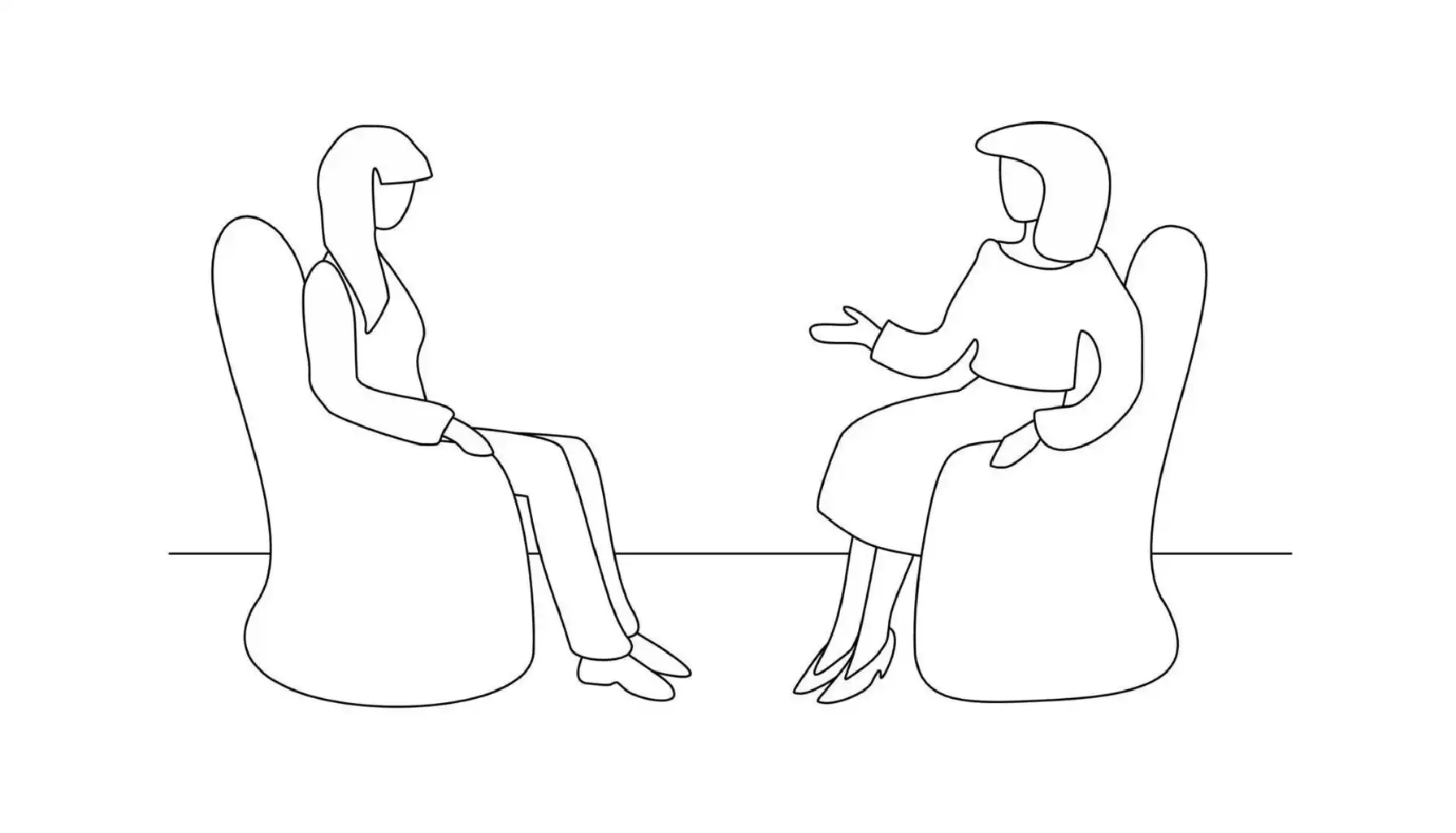A Child of a Narcissistic Parent: Signs, Scars, and Recovery

Contents:
It often starts with a strange feeling you cannot genuinely name — a sense that something was off long ago, in your childhood. Is it post-traumatic stress disorder? Not always. But still, it is a quiet, persistent ache that feels as if your emotional needs were neglected, distorted, or used against you.
The parenting style, as well as the emotional atmosphere you were raised in, may be too harsh and parent-centered, which usually leaves little to no space for you and your developing sense of self. Children of narcissistic parents, no matter how old they may be and how far they are to get, usually have a hole filled with pain, injustice, and a slow erosion of self-worth.
In this material, we are going to explore the main narcissistic parent traits, the scars that adult children often carry, and a few ways to begin healing – a gentle brain training technique to live again.

What Is a Narcissistic Parent Like?
The concept of narcissism is a bit more complex than one may imagine. It is not always about self-importance or emotional abuse, which are the most obvious traits of an egocentric narcissist promoted via media. In turn, such people are often hidden behind smiles, achievements, and meticulously captured family images. Though the child, who may have lasting mental issues because of constant pressure from their loved ones, usually seems okay. And this is NOT okay, for sure.
Сhildren of unhealthily self-centered adults assert that their childhood always felt like playing a role in someone else's story. It is unpredictable which path and role it is time to take, for the emotional needs of a parent may swing. Such an inconsistency trains the brain to put anyone's moods, needs, and validation above their own, though this should not happen in a loving environment where everyone is equally important and emotionally safe. But what are the signs of a narcissistic parent?
Related articles: ADD and ADHD: The Key Differences
The Signs Your Parent Is Narcissistic
What does a narcissistic parent look like? It is always scary to realize that your parent might not be fine, especially when it comes to their mental and emotional well-being. A parent should be the most stable person in your life, i.e., the one who supports, cares, protects, and loves you unconditionally. But when they fail to do so, it destroys the whole family institution, leaving children carrying the burden they have never asked for.
Here are some traits of a narcissistic parent, according to Kernberg (1975) and Kohut (1971).
Signs | Description |
Sense of superiority and grandiosity | Exhibits exaggerated self-importance and superiority, believing they are better than others |
Self-absorption and exhibitionism | Focused on themselves and their image; seeks constant attention and admiration |
Arrogance and feelings of entitlement | Acts entitled to special treatment and expects others to comply without question |
Fragile self-esteem and emotional instability | Despite grandiosity, they have deep insecurity and can react unpredictably or be emotionally unstable |
Lack of genuine empathy | Dismisses or minimizes your feelings; has low emotional intelligence; struggles to understand or validate your emotions |
Conditional love | Affection and approval depend on achievements or behavior, not on who you really are |
Constant need for admiration | Seeks praise through your successes; often overshadows your achievements, mainly attributing them to themselves |
Emotional manipulation | Uses guilt, gaslighting, or withdrawing affection to control and maintain power |
Intolerance of criticism | Reacts defensively or angrily to feedback; shifts blame to others |
Control over choices and independence | Interferes with your decisions; belittles boundary-setting efforts |
Assigning family roles | Forces fixed roles (e.g., golden child, scapegoat) to serve their emotional needs |
Dismissal of accomplishments or struggles | Minimizes your achievements or challenges to preserve superiority |
Making you responsible for their emotions | Their mood depends on your actions, promoting anxiety and hyper-responsibility |
Parenting Styles and Narcissism
Parenting style is the foundation that determines the emotional state of a child, their basic needs and preferences, as well as their mindset and future relationships within the family. Researchers often group parenting into three broad styles: authoritative, authoritarian, and permissive, but when narcissism enters the equation, the effects can be far more complex and damaging.
Authoritative style is considered the healthiest, the one that may create confident, healthy identities without breaking their natural habits/needs/skills. In general, such parents are warm and responsive, though even with their children, they set boundaries that no one can ever cross.
Authoritarian parents, on their part, typically demand unquestioning obedience and wish to dominate through control, punishment, or even intimidation.
Permissive parents may swing in the other direction: they are overly lenient, emotionally inconsistent, and lacking structure and follow-through behaviours. As a rule, they fail to provide consistent guidance and discipline, and they rarely take responsibility.
Narcissistic parents do not fit neatly into just one category. They may shift between authoritarian control and permissive neglect, usually without prerequisites and understandable reasons. According to Claire M. Hart et al. in “The Children of Narcissus: Insights into Narcissists' Parenting Styles”, narcissism is connected with a greater tendency to engage in non-optimal parenting behaviors and a reduced likelihood of practicing supportive, healthy parenting.

Instead of guiding, there is only one setting: You exist for me, and that is it. The price for such behavior, though, is always paid by a child.
The Lasting Scars: Responses and Psychological Effects
The impact of being raised by a narcissist is not always visible, though it definitely has manifestations in the form of chronic self-doubt, low self-worth, and a deep fear of abandonment. This affects every aspect that should have been shaped during childhood, i.e., health, mindset, etc. So, what do such children feel? Which scars do they have left to heal?
Psychological Effect | Description | Typical Responses |
Emotional Suppression & Identity Confusion | Suppressing true feelings and needs to avoid conflict, which leads to confusion about self-identity. | Difficulty expressing emotions, feeling “lost” or disconnected from self |
Low Self-Esteem & Self-Worth | Internalizing feelings of inadequacy due to conditional love and impossible standards set by a parent. | Chronic self-doubt, people-pleasing, fear of failure |
Anxiety & Depression | Heightened risk due to unpredictable emotional environment and lack of stable support. | Persistent worry, sadness, mood swings, social withdrawal |
Difficulty with Boundaries & Relationships | Challenges in setting healthy limits or trusting others. | Codependency, difficulty saying “no,” attracting controlling partners |
Hypervigilance & People-Pleasing | Heightened sensitivity to others’ emotions to avoid conflict and maintain approval. | Over-adaptation, exhaustion from constantly managing others’ feelings |
Risk of Replicating Patterns | Without healing, there is a potential to repeat narcissistic or dysfunctional behaviors in adult relationships or parenting. | Struggles with control, emotional detachment, or manipulation |
Breaking Free: Steps Toward Recovery
Healing from a narcissistic parent is a long, tangled path, and its truth can be quite shocking to face: your pain is real, and it was not your fault. It is high time you reclaimed your identity, set boundaries, and learned to care for yourself. But how to do it the right way?
Face the Truth
Acknowledge the dysfunction without guilt. It is okay to name what hurt you, even if it came from someone you love.
Educate Yourself
Learn more about what narcissism is to validate your experience and break the cycle of confusion and shame.
Set Boundaries
Emotional freedom starts with learning to say no. Without explanation or fear. Should you feel the need for help, reach out to the specialists to detect signs of depression or other mental conditions on time.

Train Your Brain for Healing
Emotional recovery also means recharging, and your brain is ready for that (hands down to the neuroplasticity!). Apps like Mind Elevate offer mini games designed to boost memory, focus, logic, and even musical perception to rebuild cognitive strength and help you explore yourself from a different perspective.
Give It Time
Your scars will heal, but it should take some time. Be patient. Do a digital detox. Your actions make a difference, and so do you.
Sometimes, narcissism is a long family-run condition passed through generations, behavior, and attitude. Be a better parent, not the one you had.





